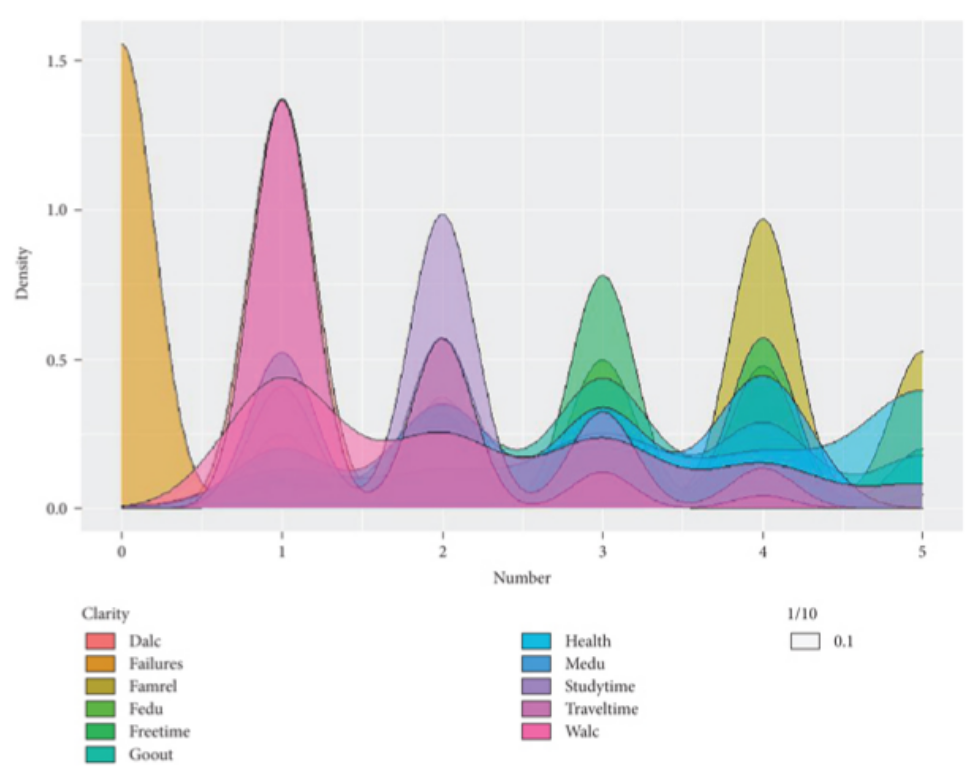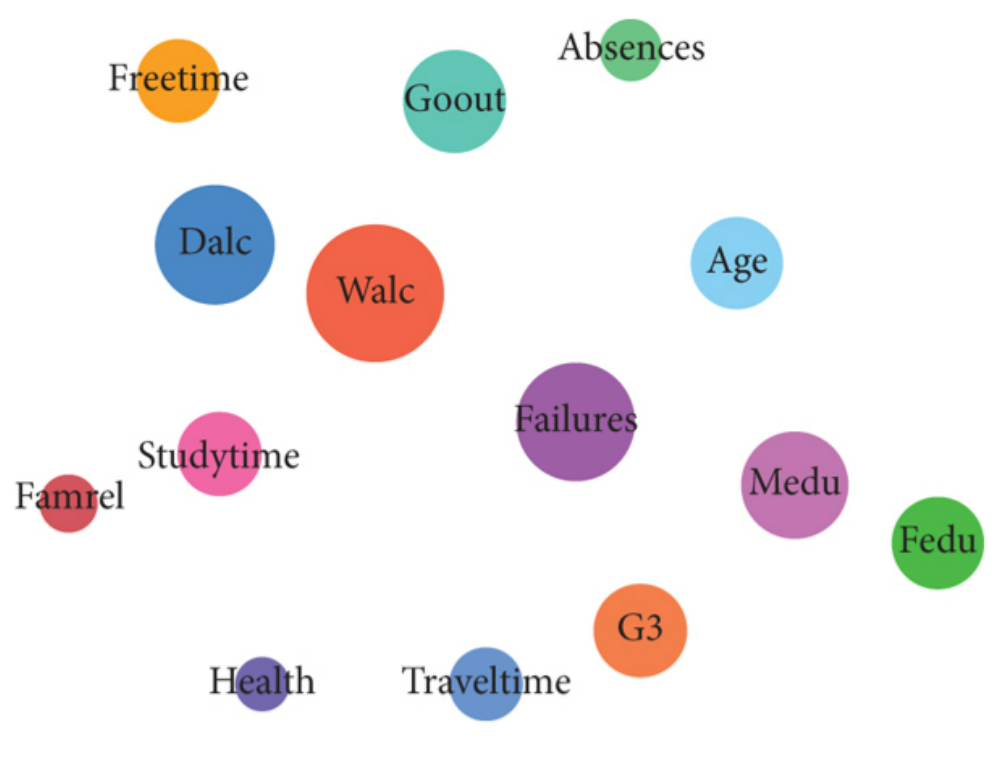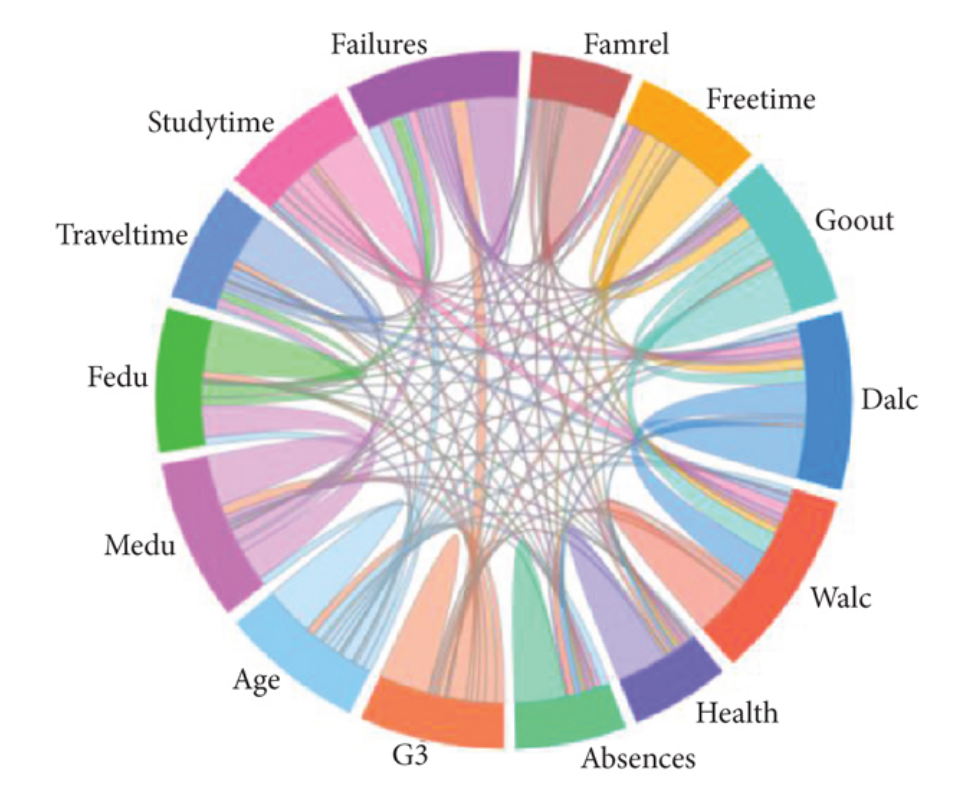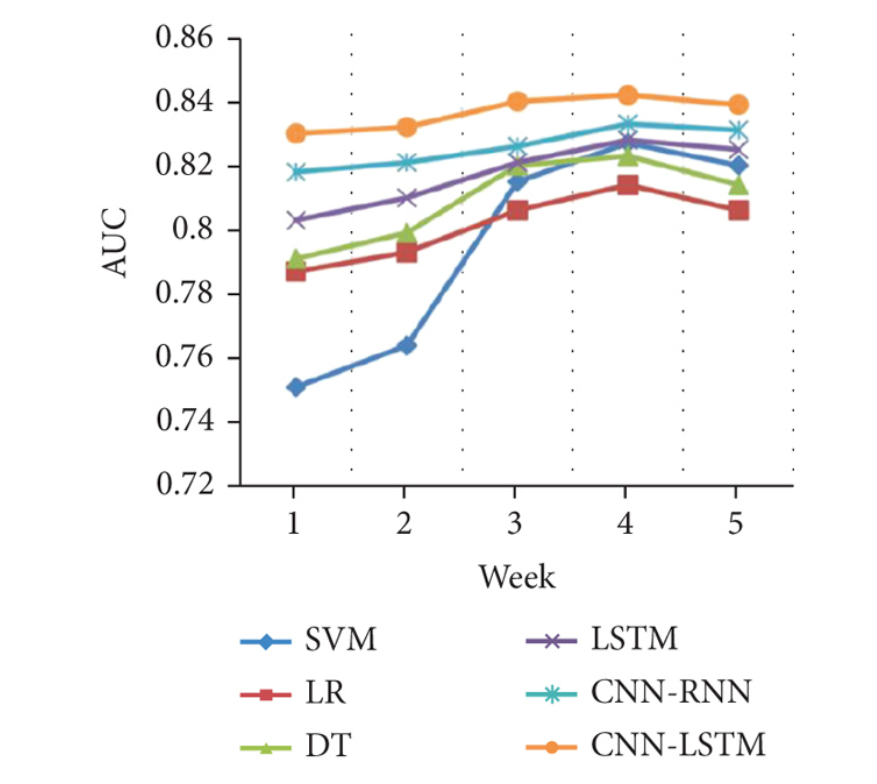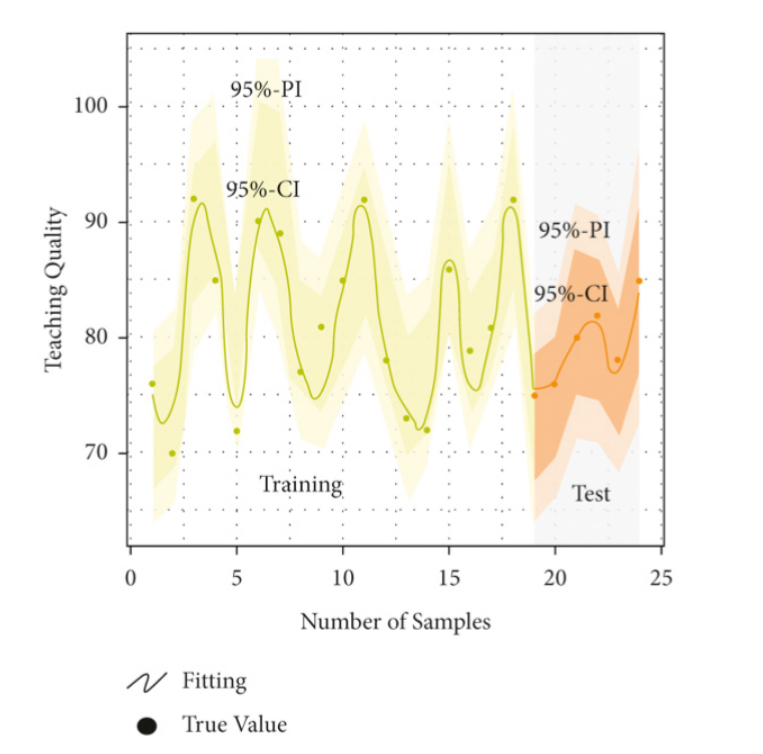 An open access journal
An open access journal
AI in Education: Enhancing Learning Outcomes and Personalized Instruction
Abstract
This paper explores the transformative role of artificial intelligence (AI) in education, focusing on how AI technologies are enhancing learning outcomes and personalized instruction. Through an analysis of case studies and emerging trends, the study examines how AI-driven innovations such as adaptive learning systems, intelligent tutoring systems, and learning analytics are reshaping various aspects of the educational process, including curriculum design, teaching methodologies, and student assessment. It discusses the potential benefits of AI in improving student engagement, facilitating self-paced learning, and identifying individual learning needs, while also addressing challenges related to data privacy, algorithmic bias, and digital equity. Additionally, the paper explores the role of AI in promoting inclusive education, by providing tailored support for students with diverse learning styles and abilities. Furthermore, it discusses the importance of teacher training, curriculum integration, and policy support in harnessing the full potential of AI in education. The findings underscore the transformative power of AI in creating more adaptive, personalized, and inclusive learning environments for students of all backgrounds and abilities.
Share and Cite
Article Metrics
References
- Baker, R. S., & Inventado, P. S. (2014). Educational data mining and learning analytics. Handbook of Educational Psychology, 2, 787-802.
- Gašević, D., Dawson, S., & Siemens, G. (2015). Let’s not forget: Learning analytics are about learning. TechTrends, 59(1), 64-71.
- Luckin, R. (2017). Toward artificial intelligence-based assessment systems. Journal of Learning Analytics, 4(2), 158-164.
- Pardo, A., Jovanovic, J., & Dawson, S. (2019). Feedback analytics: A meta-analysis of effective feedback. Review of Educational Research, 89(5), 746-787.
- Siemens, G. (2013). Learning analytics: The emergence of a discipline. American Behavioral Scientist, 57(10), 1380-1400.
- Van Lehn, K. (2011). The relative effectiveness of human tutoring, intelligent tutoring systems, and other tutoring systems. Educational Psychologist, 46(4), 197-221.
- Vygotsky, L. S. (1978). Mind in society: The development of higher psychological processes. Harvard University Press.
- Zhu, X., & Wang, X. (2019). The application of artificial intelligence in education: Opportunities and challenges. International Journal of Information Management, 49, 37-43.

